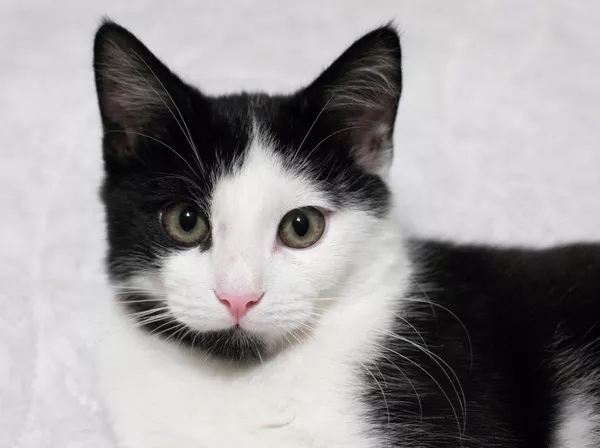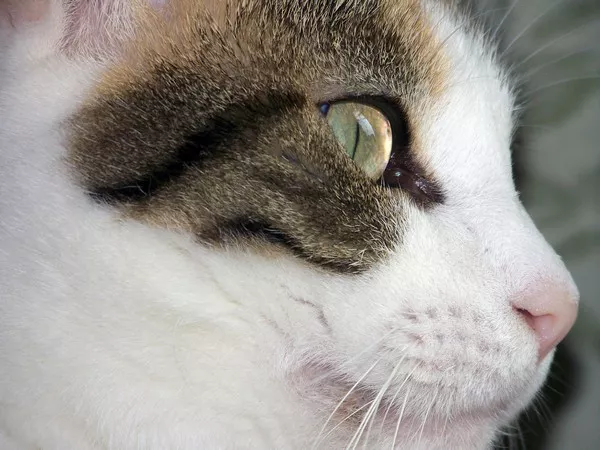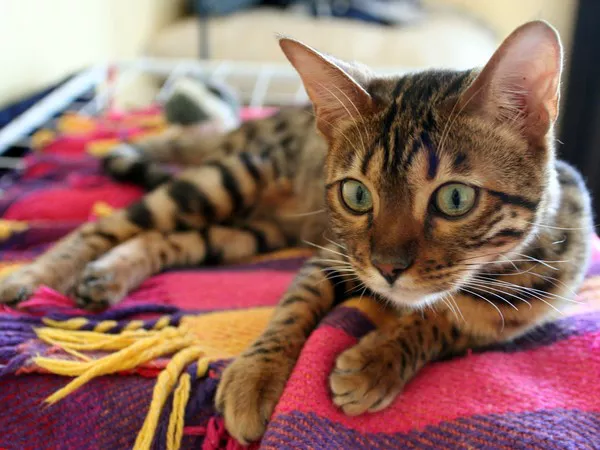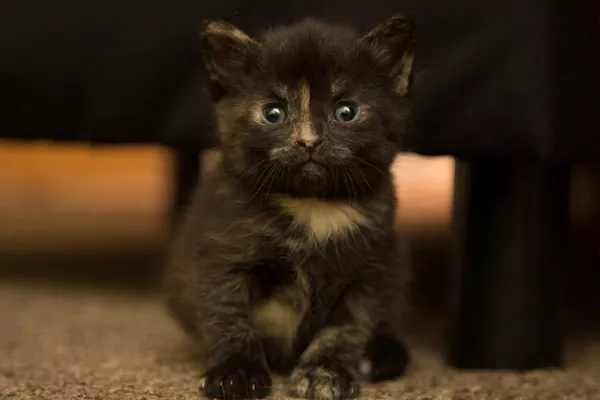Persian cats are a popular breed known for their long, luxurious coats and sweet personalities. While they are generally healthy cats, like all breeds, they are prone to certain health issues. In this article, we will discuss some of the most common health issues of Persian cats, as well as their symptoms, causes, and treatments.
Polycystic Kidney Disease (PKD)
PKD is a genetic condition that can affect Persian cats. It causes the development of fluid-filled cysts in the kidneys, which can lead to kidney failure. Symptoms of PKD may not appear until the disease is advanced, but can include increased thirst and urination, weight loss, and vomiting. PKD can be diagnosed with an ultrasound and treatment may involve medication, dietary changes, and fluid therapy.
Dental Problems
Dental problems are common in cats, including Persians. Symptoms include bad breath, drooling, difficulty eating, and swollen or bleeding gums. The most common dental problems in cats are periodontal disease and tooth resorption. Treatment may involve dental cleaning, extractions, or other procedures.
Respiratory Issues
Persian cats are prone to respiratory issues due to their flat faces and shortened airways. This can lead to symptoms such as snoring, wheezing, and difficulty breathing. Treatment may involve medication to manage symptoms and surgery to correct airway abnormalities.
Eye Problems
Persian cats are known for their large, beautiful eyes, but they are also prone to certain eye problems. These include tear duct blockages, eye infections, and corneal ulcers. Symptoms can include redness, discharge, and squinting. Treatment may involve medication, surgery, or other procedures.
Obesity
Obesity is a growing problem in cats, including Persians, and it can lead to a variety of health issues, including diabetes, joint problems, and heart disease. Symptoms of obesity include excessive weight gain, difficulty breathing, and decreased activity levels. Treatment may involve a change in diet and exercise habits.
Feline Lower Urinary Tract Disease (FLUTD)
FLUTD is a common health issue in cats, including Persians. It can cause symptoms such as frequent urination, straining to urinate, and blood in the urine. The causes of FLUTD can vary, but some common factors include stress, diet, and urinary tract infections. Treatment for FLUTD may include medication, dietary changes, and stress reduction techniques.
Hyperthyroidism
Hyperthyroidism is a common health issue in older cats, including Persians. It occurs when the thyroid gland produces too much thyroid hormone, which can lead to symptoms such as weight loss, increased appetite, and hyperactivity. Hyperthyroidism can be treated with medication, dietary changes, or surgery.
Allergies
Allergies can affect cats, including Persians, and can cause symptoms such as itching, sneezing, and skin irritation. Causes of allergies can include environmental factors, food allergies, and flea allergies. Treatment may involve medication to manage symptoms and avoidance of allergens.
Feline Lower Urinary Tract Disease (FLUTD)
FLUTD is a common health issue in cats, including Persians. It can be caused by a variety of factors, including bladder stones, urinary tract infections, and stress. Symptoms of FLUTD can include difficulty urinating, bloody urine, and frequent urination. Treatment may involve medication, dietary changes, and fluid therapy.
Hyperthyroidism
Hyperthyroidism is a common health issue in older cats, including Persians. It occurs when the thyroid gland produces too much thyroid hormone, which can lead to symptoms such as weight loss, increased appetite, and hyperactivity. Hyperthyroidism can be treated with medication, dietary changes, or surgery.
Heart Disease
Heart disease is a common health issue in cats, including Persians. It can be caused by a variety of factors, including genetics, age, and underlying health issues. Symptoms of heart disease can include lethargy, difficulty breathing, and coughing. Treatment may involve medication, dietary changes, and surgery.
Conclusion
Persian cats are a beloved breed known for their sweet personalities and beautiful coats, but like all cats, they can experience a range of health issues. Polycystic Kidney Disease, dental problems, respiratory issues, eye problems, obesity, FLUTD, hyperthyroidism, and allergies are some of the most common health issues that Persian cats can face. By working closely with your veterinarian and taking steps to prevent and treat these issues, you can help ensure that your Persian cat stays healthy and happy for years to come.
Related Topics



















